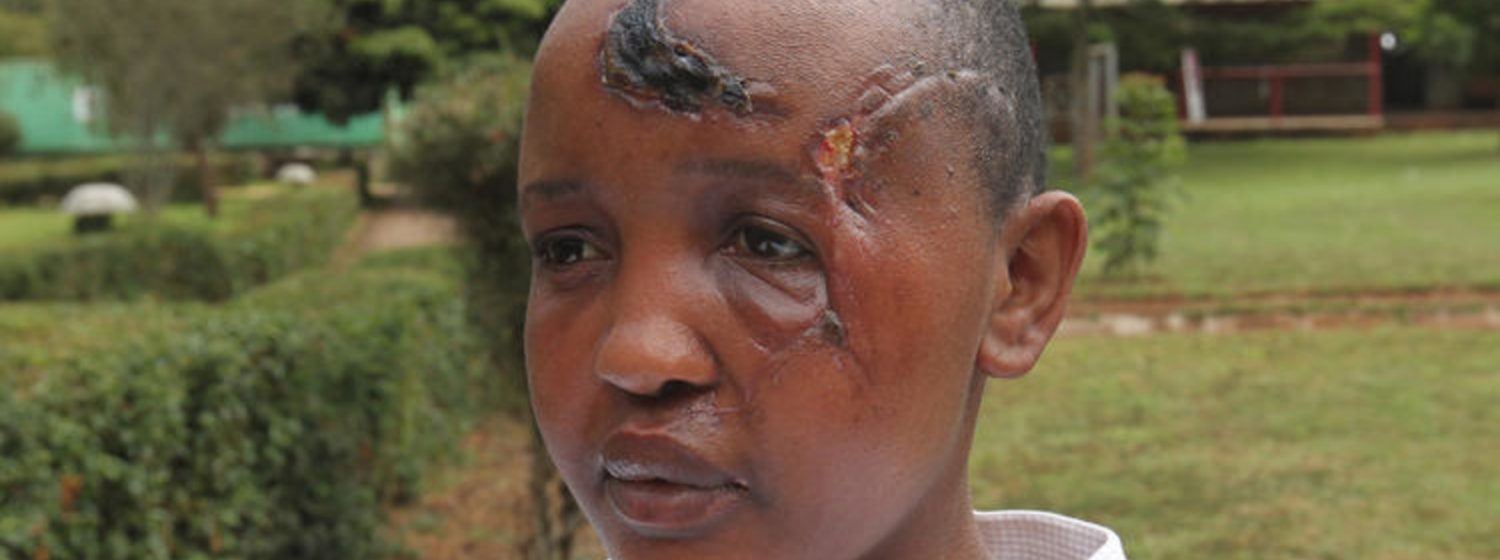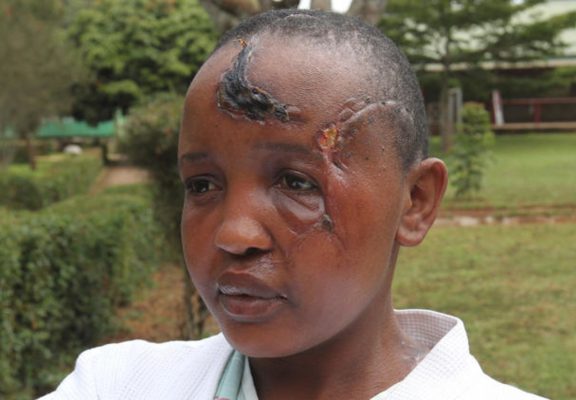- the length of your menstrual cycle – ovulation usually occurs around 10 to 16 days before your period starts, so you may be able to work out when you’re likely to ovulate if you have a regular cycle
- your cervical mucus – you may notice wetter, clearer and more slippery mucus around the time of ovulation
- your body temperature – there’s a small rise in body temperature after ovulation takes place, which you may be able to detect with a thermometer
- ovulation predictor kits – hormone levels increase around the time of ovulation and this can be detected using ovulation predictor kits that measure the level of hormones in your pee
Using a combination of these methods is likely to be most accurate.
Some women may experience other symptoms when they’re ovulating, including breast tenderness, bloating and mild tummy pain, but these are not a reliable way of predicting ovulation.
What causes bleeding between periods?
Hormonal contraceptives
Irregular bleeding, such as bleeding between periods, is common during the first few months of starting hormonal contraception, such as the:
- combined oral contraceptive pill
- progestogen-only contraceptive pill
- contraceptive patch (transdermal patch)
- contraceptive implant or injection
- intrauterine system (IUS)
If you’re concerned about bleeding or it lasts longer than a few months, you should seek medical advice.
You may also bleed between periods if you:
- miss any combined pills
- miss any progestogen-only pills
- have a problem with your patch or vaginal ring
- are on the pill and are also sick or have diarrhoea
Other causes
Some other causes of bleeding between periods include:
- taking the emergency contraceptive pill
- injury to the vagina – for example, from having penetrative sex
- recently having an abortion – seek medical advice if you’re bleeding heavily
- sexually transmitted infections (STIs) such as chlamydia – it’s a good idea to get tested if you’ve recently had unprotected sex with a new partner
- recently having a miscarriage
- reproductive hormones not working normally – this is common in women approaching the menopause or in women with polycystic ovary syndrome (PCOS)
- stress
- vaginal dryness
- harmless changes to the neck of the womb (cervix) – this may be called cervical ectropion or cervical erosion
- cervical cancer – if you’re aged 25 to 64, you should be having regular cervical screening tests to detect any changes to your cervix; even if you’re up-to-date with screening tests, you should see a GP about irregular bleeding, particularly bleeding after sex, to eliminate the possibility of cervical cancer
- womb (uterus or uterine) cancer – this is more common in post-menopausal women and most cases of endometrial cancer are diagnosed in women over the age of 50; see a GP if you’re over 40 and have bleeding between periods to eliminate the possibility of uterine cancer
- vaginal cancer or vulval cancer
- cervical or endometrial polyps – non-cancerous (benign) growths in the womb or the lining of the cervix
- fibroids



